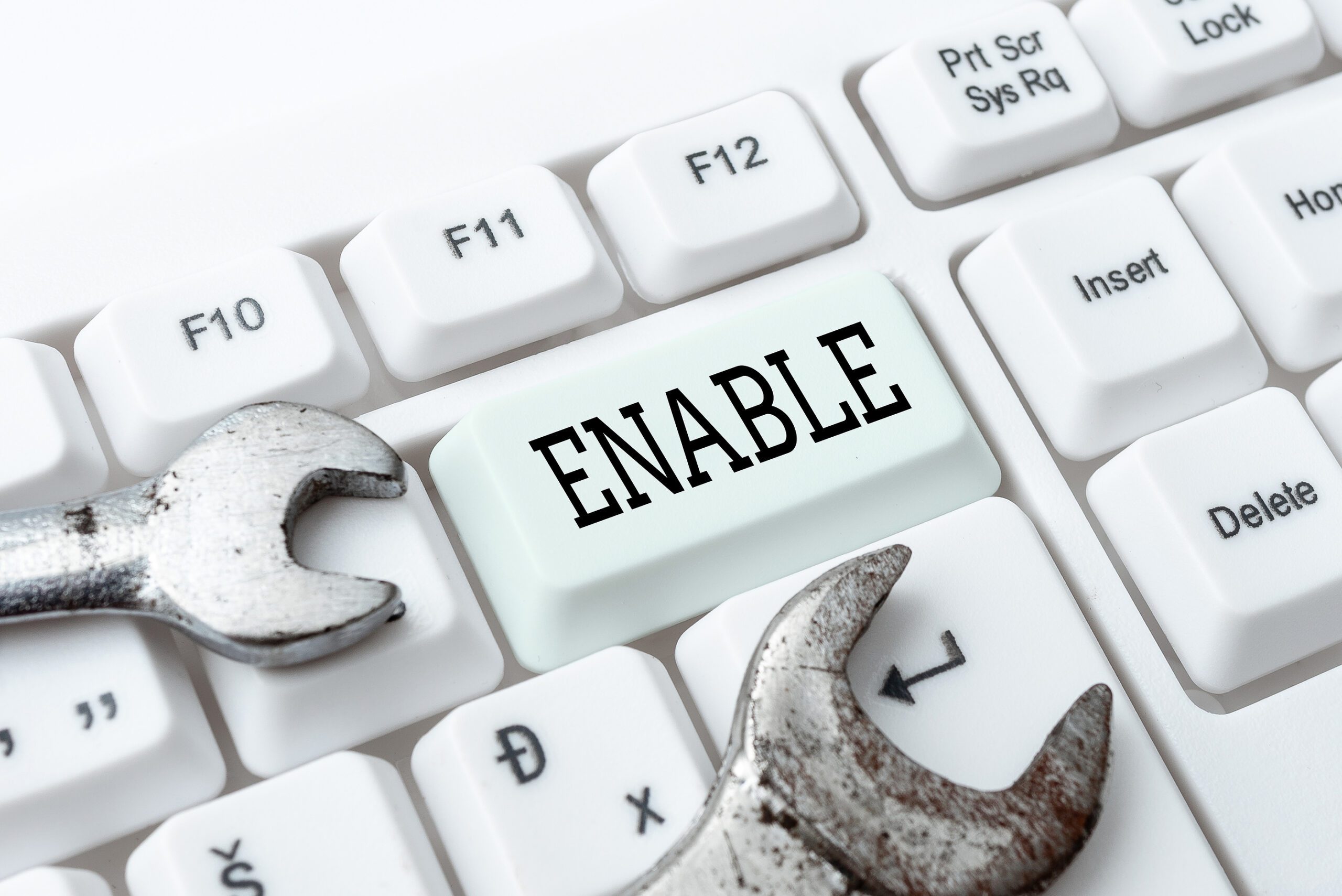How Enabling Can Fuel Addiction
In a most basic definition, the term “enabling” refers to any behavior performed by the loved one of someone with a substance use disorder that enables that person to continue abusing the substance. This could be behavior as direct as giving the person money with which to buy drugs or alcohol or giving them the substance itself, but there are also many far less direct ways in which the people who surround an addict could, mostly unwittingly, be fueling their continued drug use.
For instance, if someone loses their job due to an addiction, actions like paying their non-drug related expenses or allowing them to live in your house rent-free could be considered enabling, because they are sparing the person from fully facing the consequences of their job loss, and because the person now does not have to get another job in order to survive or to live in comfort.
This could in turn “enable” them to spend their days getting high rather than get back on the track to formal employment and a more stable life. Similarly, another common way that loved ones can enable addicts is by covering up for their mistakes—making excuses to their boss for missed days of work or bailing them out of jail after a DUI.
Enabling may also involve taking over responsibilities for an addict, such as doing work or chores that they are too incapacitated to do themselves, thus enabling them to continue the behaviors that incapacitate them.
Enabling, though, shouldn’t be confused with offering support, which would look more like the kinds of behaviors that can enable the addict to get help: helping them to find an appropriate form of treatment and assisting them in procuring that treatment when they may lack the emotional or practical resources to do so on their own.
There are many different reasons behind enabling as there are reasons to enable: you may be in denial of the problem yourself, or you might feel that the person will be safer under your roof or using safely purchased substances than they would be if out on the street procuring from unknown dealers. There may be some truth to these ideas, though another unfortunate truth is that allowing them to remain in their addiction will place them in greater danger in the long-term.
There may also be an element of codependency, which can involve a conscious or subconscious need on your part to feel needed by the addict, or a comfort-through-familiarity with the usual dynamics of your relationship. Or, also as part of a long-standing pattern, you may simply be feeling too emotionally burnt out to have the energy to resist an addict’s sometimes forceful and emotionally manipulative demands.
If you find yourself in such a fraught situation, it might be worth contacting a mental health professional who can give you individualized insight into the situation and the role you may be playing in your loved one’s addiction.
Another more insidious form of enabling is enabling that takes place through condoning the addict’s behavior. For instance, if you allow the person to abuse the substance or to become severely intoxicated around you without ever mentioning it, you’re basically sending them the message that their behavior is ok.
Not to say that you shouldn’t offer emotional support to an addict or that you should deny them your love and companionship, as they are likely in incredible mental pain due to their condition and all the guilt, fear, and shame that can come with it, meaning that they be in more need than ever of the respite and affirmation of their worthiness that a caring presence could provide.
You should also avoid actions like abruptly cutting the addict off, which could send them into a dangerous downward spiral. Instead, you should try calmly drawing a boundary, such as giving the person a clear ultimatum that lets them know the point by which they need to seek help or cease drug use, and clearly stating the consequences if they do not.
What you should do, though, is send a clear verbal message to them that their behavior is not OK, and try talking to them about the problems you have observed with their current pattern of behavior and the risks you fear they may face if it persists.
In doing so, you should make it clear that the problem is with their disease and their behavior as opposed to with them as a person, and that you are concerned about their health and safety rather than the moral implications of what they are doing.
In extreme cases, if a loved one remains resistant to getting help themselves and has clearly become a danger to themselves or others, you may be able to compel them to enter addiction treatment by using the Marchman Act, a Florida statute that allows for the involuntary commitment if someone whose substance abuse has severely impaired their judgment when it comes to their own condition.
To learn more about how one of our skilled intervention counselors can help you through the process of confronting a loved one about their addiction or filing a Marchman act petition, feel free to call us anytime at 833-497-3808 or to contact us online anytime here.




